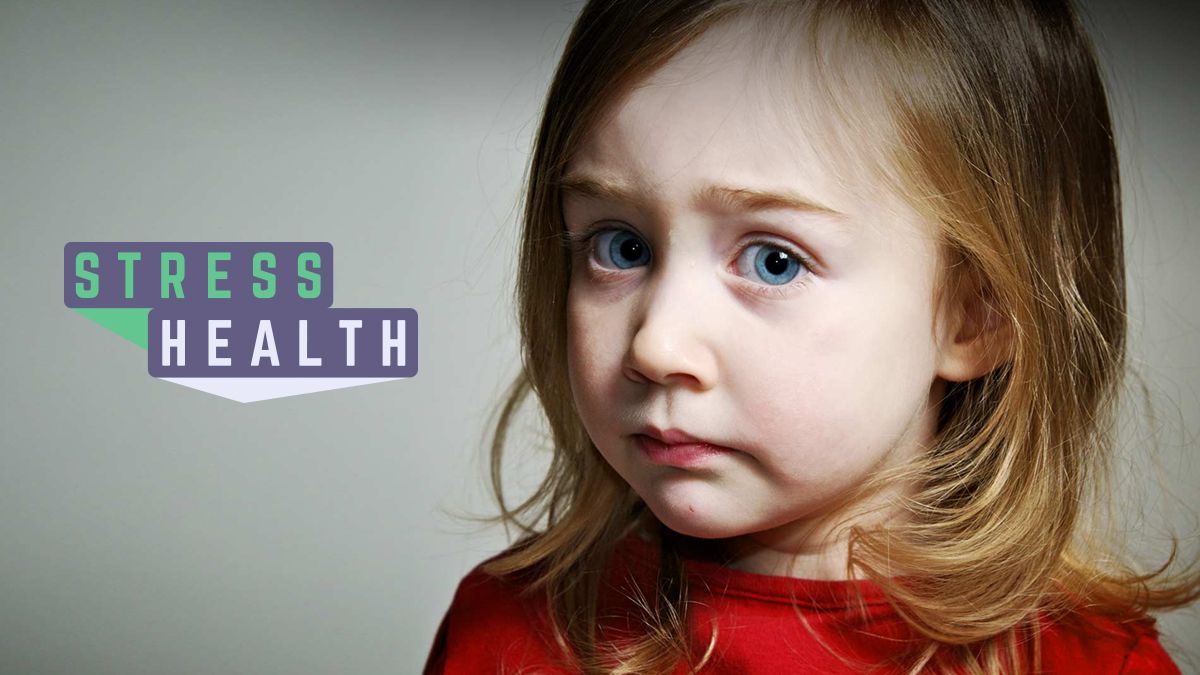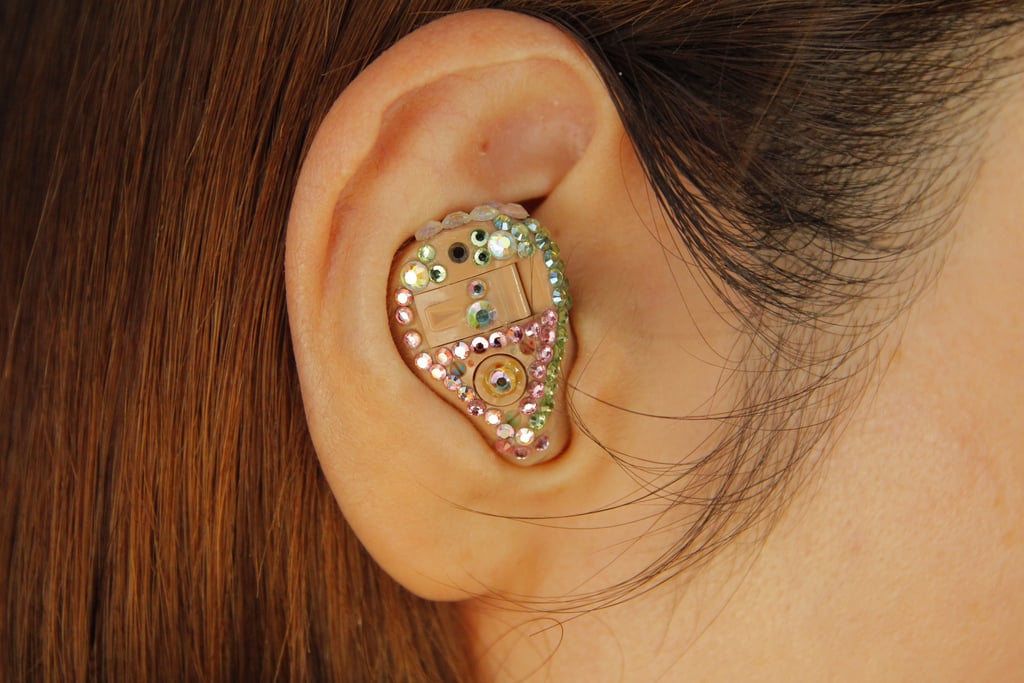The Link Between Substance Abuse and Depression
While it seems obvious that depression and substance abuse are somehow linked, there is still plenty that we don’t know about how the two conditions are connected. To further confuse matters, genetics, social background, age, and economic status also all contribute to the likelihood that someone will develop an addiction or depression.
However, it is clear that there is a link between mood disorders and substance abuse. Understanding this link may be helpful if you suspect that you or a loved one are currently suffering from either mood disorders, substance abuse, or both. If you’re in the area and want to join a discreet AA meeting, be sure to check out AA meetings Traverse City residents trust.
What Does the Data Say?
The link between depression and substance abuse is very much a “chicken or egg” question, with each being the cause of the other in different situations. In any case, people with depression are more likely to also abuse substances.
A study by researchers at the University of Utah found that about 27 percent of those surveyed with depression also have a substance addiction. An article by The New York Times also says around a third of Americans diagnosed with depression have a problem with alcohol abuse as well, several times higher than the general population. The National Institute on Drug Abuse likewise says that people with mood disorders such as depression are about twice as likely to abuse substances than those without them. Many other studies and metastudies also point towards a link between the two.
Does Substance Abuse Cause Depression or Vice Versa?
The answer varies from case to case. Many people with abuse issues only develop depression as either a direct result of the misuse of different substances or due to changes in their lives that happen because of their drug abuse. Other people may abuse substances to numb the negative feelings of a mood disorder. In both cases, continued drug abuse may also intensify and exacerbate any underlying mood disorders.
Substances that are known to be depressants or “downers” such as alcohol, opiates, sleeping pills, and some mood-regulating medications may be more likely to cause users to immediately feel depressed, though the abuse of any drug can do this. Depression caused by drug abuse can be caused by chemical changes to the patient’s brain directly caused by their drug of choice, or by continued negative experiences that result from their drug abuse.
Stimulant drugs such as tobacco, caffeine, methamphetamines, and cocaine can also cause or intensify depression if the user experiences a “crash” after the initial high wears off. To complicate matters further, even some medications used to treat mood disorders may cause depression as well, depending on the dose and the patient’s specific reaction to the drugs. This is why it’s generally a bad idea for people with depression to self-medicate.
Similarities Between Addiction and Depression
Both addiction and depression are classified as mental illnesses, and they share some causes. They’re both caused by issues related to the brain’s structure and chemical makeup. This means that treatment for these conditions should be primarily handled by mental health experts.
Both conditions affect dopamine and serotonin levels in the brain. These chemicals are responsible for our moods, with different substances affecting the production of these and other chemicals in our brains. Someone with depression or a substance dependence has abnormal levels of these chemicals relative to other people. Their “reward pathways,” the system by which the brain floods the brain with different chemicals depending on the outside stimulus, may also be altered.
The likelihood of someone having addiction or depression is also strongly influenced by genetics. A Stanford School of Medicine research team found a direct relationship between depression and genetics while an Oxford University study published in the journal PNAS found a strong link between addictive behavior and genetics. The implication of the studies is that someone vulnerable to one condition may be especially vulnerable to the other, compared with other people in the general population.
Conclusion
Addiction and depression are mental disorders that are closely related. Each can cause the other and both are linked to how our brains are structured and how they produce different chemicals. Not only can the environment make a person more or less vulnerable to either, but genetics can also play a strong role in determining one’s chances that they can develop an addiction and a mood disorder like depression.
By understanding the relationships of these disorders, someone with depression or chemical dependence is better equipped to understand the context of their condition. This in turn can help maximize the chances of recovery.




